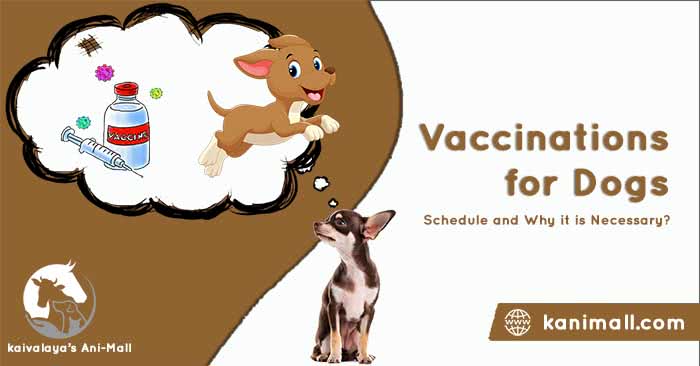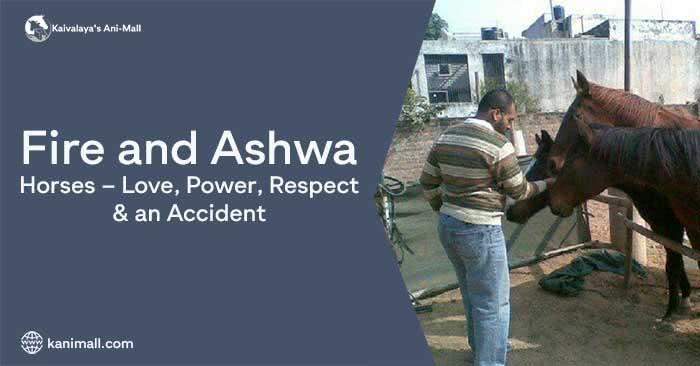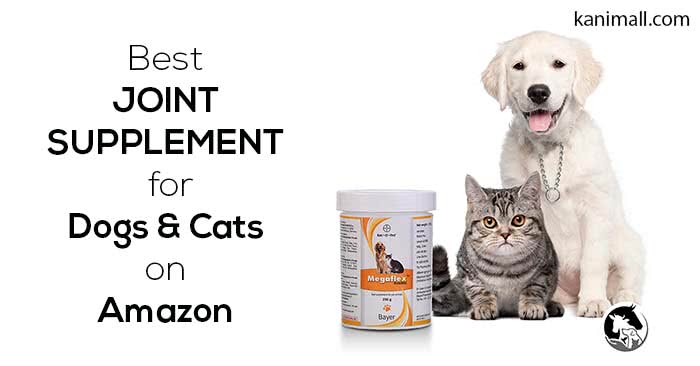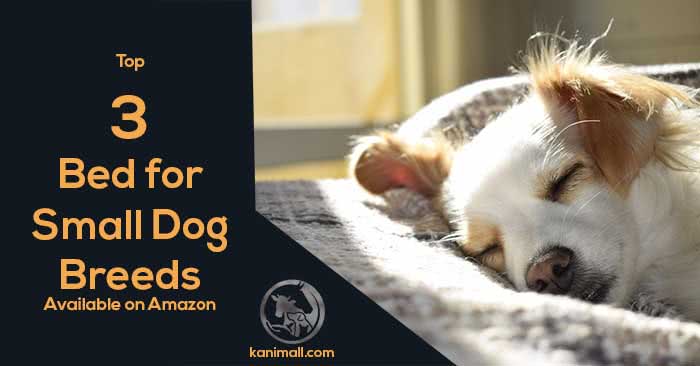Vaccination for dogs has been a concern to owners. There are several practices worldwide. I will highlight what is practiced by advanced vets in my region. In this post, you will get a detailed account of when and what should be given to your dog. When to repeat the vaccination for your pooch as an immunity booster and many other things. Don’t you think that this is an important topic? So, please subscribe to our newsletter, like this post, and do visit our website for more pet-related topics. Let us start now without any further delay.

Vaccination for dogs at one month of age.
This vaccination is known as puppy DP in common language. Newborn puppies do get immunity from their mother. But in some cases, they get viral infections. Mostly this happens when Mother does not receive her vaccinations before pregnancy planning.
Also Check: Vegetarian Recipes for Dogs | Red arowana | Myanmar Batik Arowana
This vaccine contains an attenuated virus strand. In the name, D stands for canine distemper virus and canine parvovirus. Both of these are deadly viral infections, for instance. That is why to save them from agonizing death Puppy DP must be applied at the age of one month. After that higher grade vaccines are used but their time comes after 2-3 months of age. So, this time period in between these two may prove fatal. Moreover, better immunity is always good for your pet.
The second wave of vaccinations.
The second wave of vaccinations starts from the age of 6 weeks. But, when your pup has already received Puppy DP shot at appropriate timing then it might be delayed. In that case, your vet might ask you to start coming for vaccinations when your pup is 8 weeks old.
There is no definitive sequence in which a vet will give different vaccinations to your pup. Instead, every vet has his/her own preference based upon their best knowledge. But, conventionally there is a pattern that most vets follow.
- So, in the first visit, it is most likely that they will give the 9-in-1 vaccine.
- Then separated by a week’s interval your pup will receive canine corona virus vaccine.
- In a similar fashion, they will give a kennel cough vaccine to your pup. This will also be separated by a gap of 1 week from the previous visit.
- Next comes in rabies vaccine. Again your pup will receive this shot after a gap of 1 week from the previous dose.
Also Check: RTG arowana | Golden arowana | vegetables and fruits safe for dogs
The third wave of vaccinations.
At this point of time, your pup will be 12 weeks old. From the next week, the third wave of vaccinations will start. This will comprise of all vaccines of the previous stage used as a booster dose.
The schedule will the exactly same. Every vaccine will be separated from one another by a week. So, according to this, your pup will again receive a vaccine a day at 13th, 14th, 15th, and 16th week.
In some cases, if your vet finds it suitable he/she will combine a 9-in-1 vaccine with the canine corona virus vaccine. Obviously, the reduction of time and number of visits is in the focus here.
What is in the 9-in-1 vaccine for dogs.
The 9-in-1 vaccine is a combination of immunogenic, attenuated strains of Canine Distemper, Canine Adenovirus Type 2 (CAV-2), Canine Parainfluenza, And Canine Parvovirus Type 2b.
All these strands are propagated in cell line tissue cultures. The diluent contains killed antigens for
- Leptospira Canicola,
- Grippotyphosa,
- Icterohaemorrhagiae,
- Pomona
All the above bacterial extracts.
The CAV-2 fraction cross-protects against respiratory infection caused by infectious canine hepatitis (CAV-1). It is a highly complicated vaccine but yes it does it a job.
Take a look at posts from our other portals: 2020 Triumph Tiger 900 | Hydroxychloroquine
Things to remember during vaccination for dogs.
This recommendation is not absolute. It completely depends upon the latest studies and believes of your vet. In some cases, the vet may combine canine coronavirus and 9-in-1 in a single visit, for instance. Whereas in some cases they would like to do it in separate visits. Some times in some cases vets do not use kennel cough vaccine. As I said it depends upon your vet.
But, the essence of this post is that there are so many viral and bacterial attacks on our canine family that vaccination is essentially a need. Rather than just a choice.
Be aware of what is the latest trend in canine health by staying into regular contact with your vet.
I hope this post will prove helpful to existing and prospective owners.







Very nice efforts done by you…
Thank You Jaikishan Namrani.. for your kind words.
These details are so necessary to know for a dog owner. It gives us an idea of what we are doing with our beloved pet.
Thank you Kanimall.
Thank you Hitendra for your kind words. Comments from our readers give a boost to our morale.
Nice initiative.